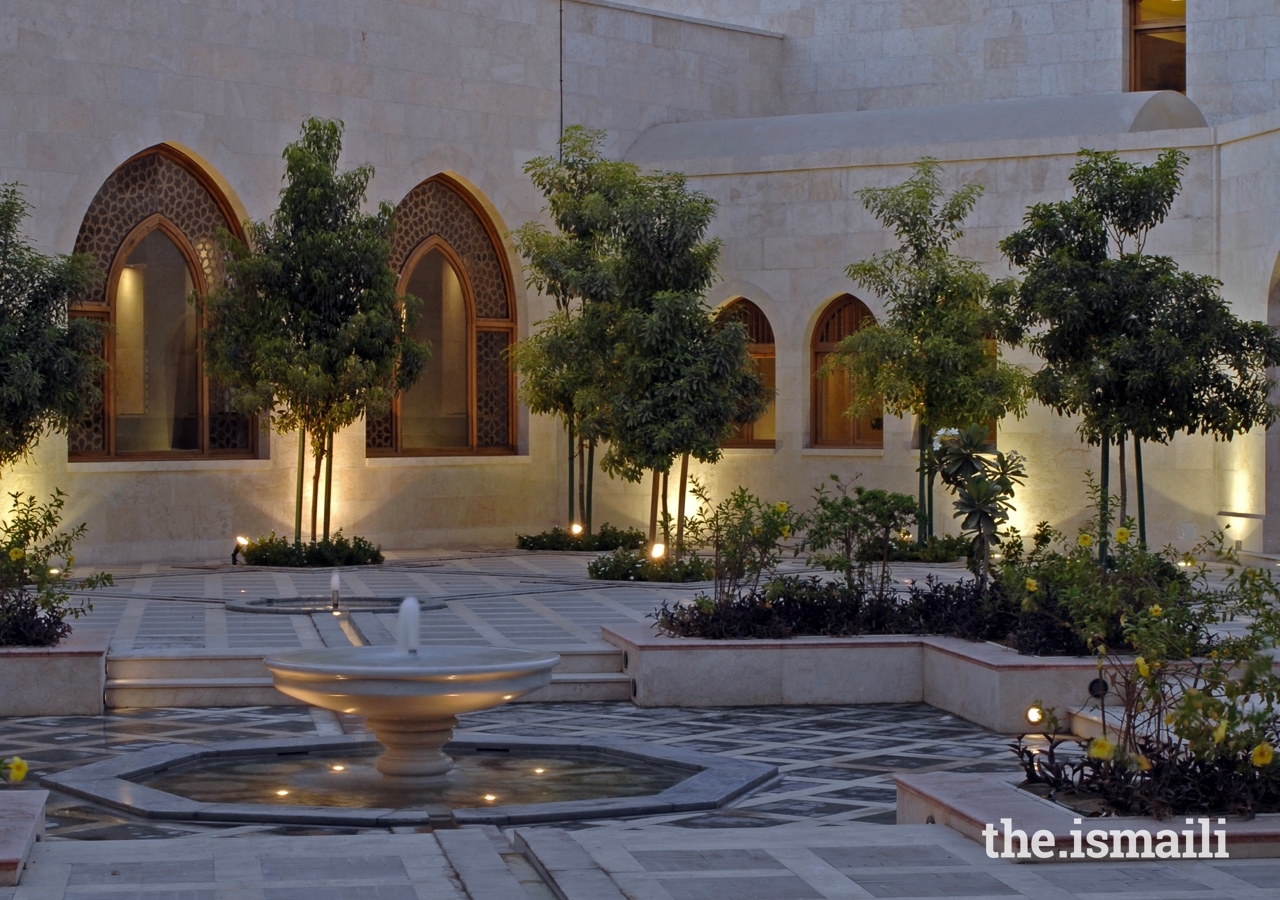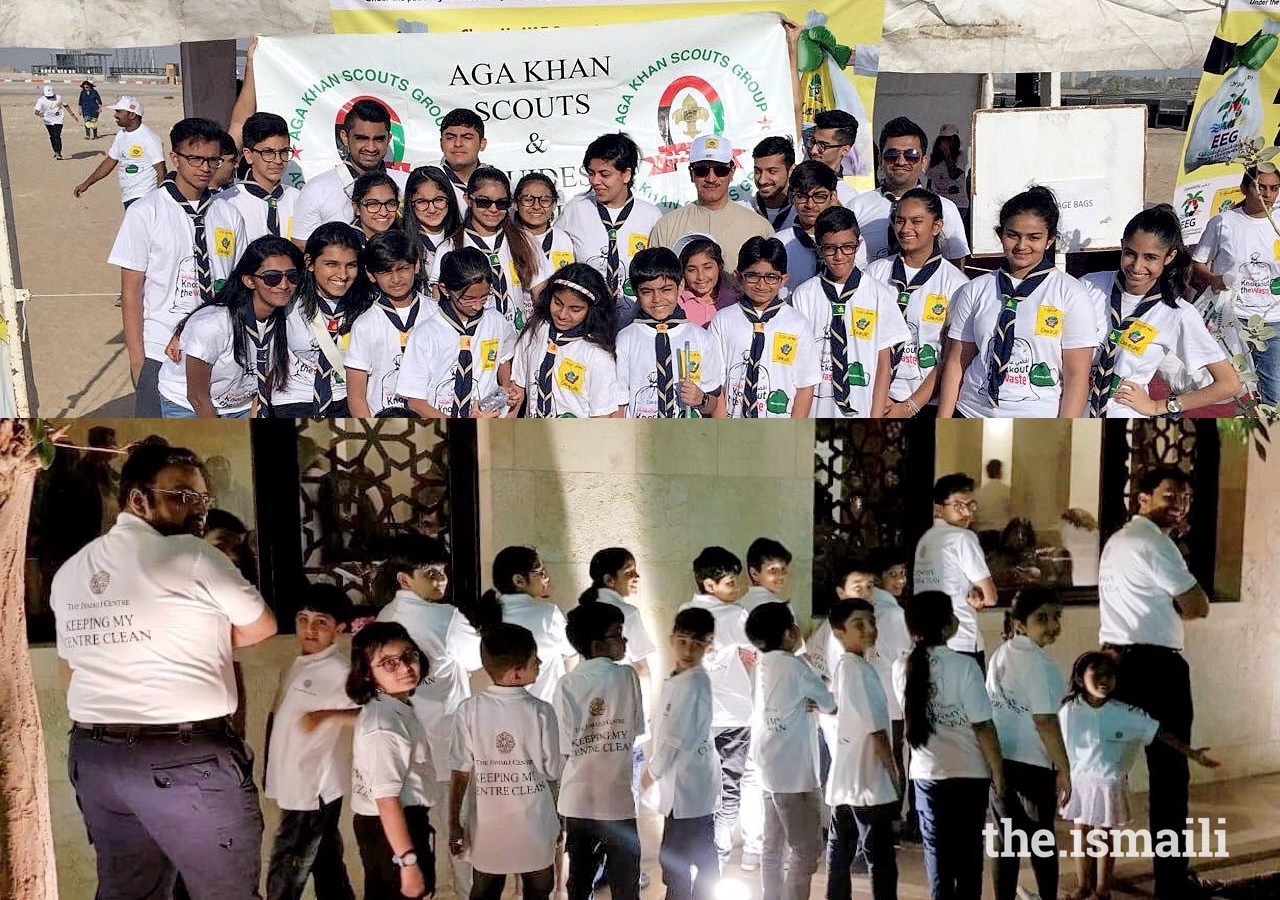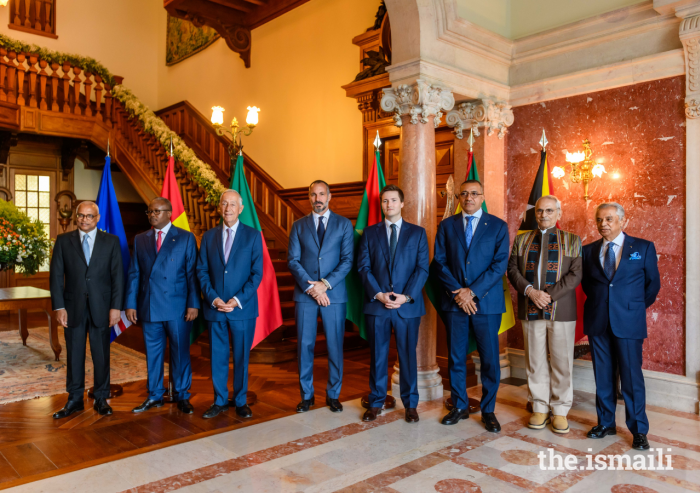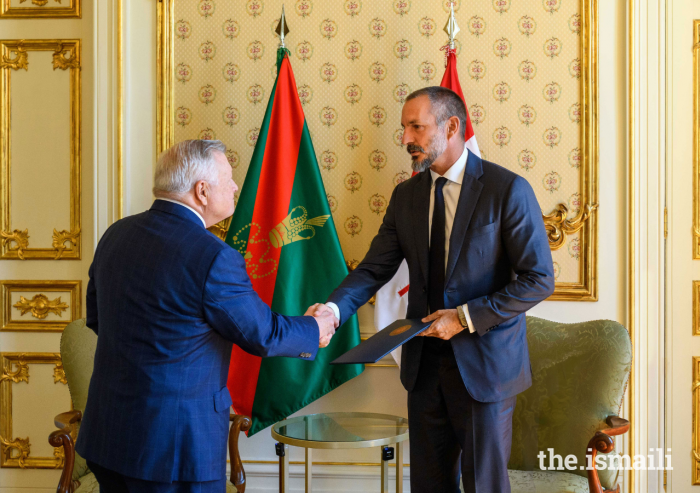Islam encourages humankind to live in harmony with the natural environment, and not to take advantage of it, nor disrupt the delicate balance of the earth’s ecosystem. Residents of the UAE find themselves fortunate to be situated in a region of the world where access to safe water, clean air, and habitable land is relatively easy to come by. However, not all communities are as fortunate, with warmer temperatures, stronger storms, and rising sea levels already having an adverse impact, especially in the developing world.
Sura Rahman from the Holy Qur’an serves as a reminder that awareness and participation in environmental practices is an individual responsibility.
“Sun and moon in measured order,
Shrubs and trees bow down;
The sky He raised, and established the balance,
So that you do not infringe the balance,
But measure in fairness, and not shortchange the balance.
The earth He laid out for the living,
Wherein are fruits and palms in clusters,
Grains on stalks, and sweet-scented flowers.” (55:5-9)
For a number of years, the Aga Khan Boy Scouts and Girl Guides have provided a shining example through their involvement in the “Clean Up UAE” campaign. The initiative was established by the Emirates Environmental Group (EEG) 17 years ago, to help protect and enhance the region’s natural environment. In 2018 Clean-up UAE saw 32.5 tons of waste collected by thousands of volunteers across Dubai, Sharjah, Ajman, Fujairah, and Abu Dhabi.
More recently, the Ismaili Centre Dubai hosted an EEG awards ceremony on 19 May to unveil and celebrate the winners of this year’s Environmental Drawing Competition. The 13th edition of the competition saw the participation of more than 162,000 students and aims to foster creativity amongst the young generation and maximise awareness on sustainability issues, guiding them towards developing a sense of care and respect for the environment through art.
The judging of the competition was conducted by a panel led by the famous Emirati artist Dr Najat Makki. “The environmental drawing competition is of great importance as it focuses on the students of schools of different nationalities, highlighting the effective relationship between them and the environment,” said Dr Makki.
A rapidly developing student movement has been making waves around the world for their passionate views on environmental issues such as carbon emissions, plastic use, and waste. “Waste management is a multi-layered concept. It’s about adapting to the place you live in and adjusting sustainable acts into your lifestyle which can be as simple as remembering to reuse old plastic bags instead of taking new ones from supermarkets and stores,” said Amreen Vadsaria, a student of global studies and green chemical science.
Creating positive and sustainable change requires all individuals in all parts of the world to be conscious of the escalating situation, and to take action.
Roxana Jaffer, a speaker at the 2018 Sustainable Development Congress, UAE, urged every individual to become a sustainable leader: “Protection of our natural environment, human and ecological health is the need of the hour. Research suggests that by 2050, 1 in 9 people are going to be without food and 1 in 6 people are going to be without safe drinking water. It is the responsibility of each one of us to become sustainability conscious.”
Informed by the ethics of Islam, an appreciation of the importance of environmental consciousness to humanity is crucial. As custodians for the generations to come, the UAE Jamat is continuing its efforts, reminded by the age-old proverb, “the world does not belong to us, it is loaned to us by our children.”









